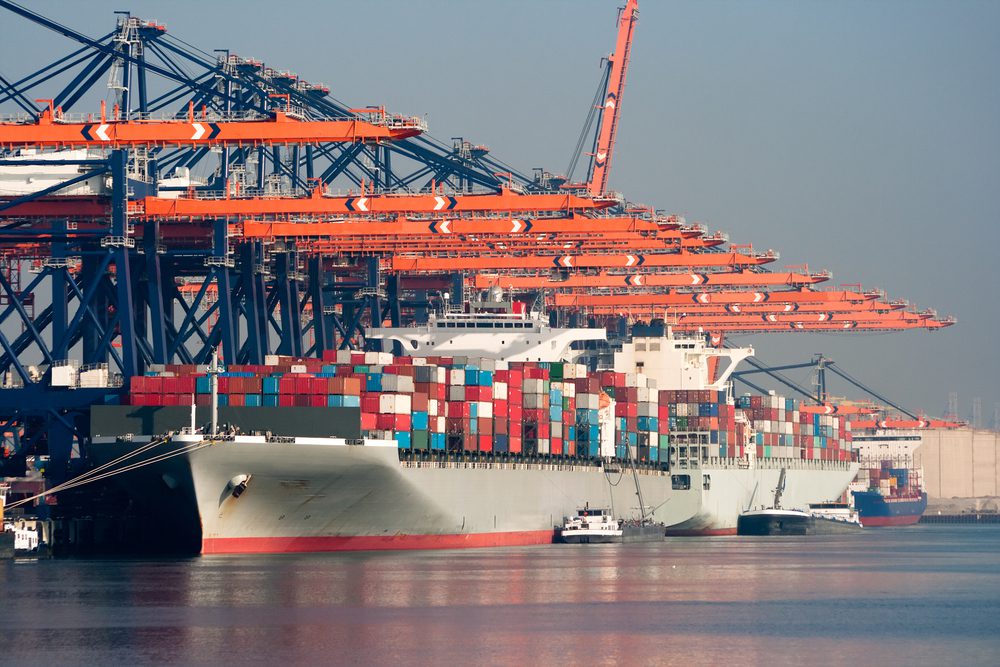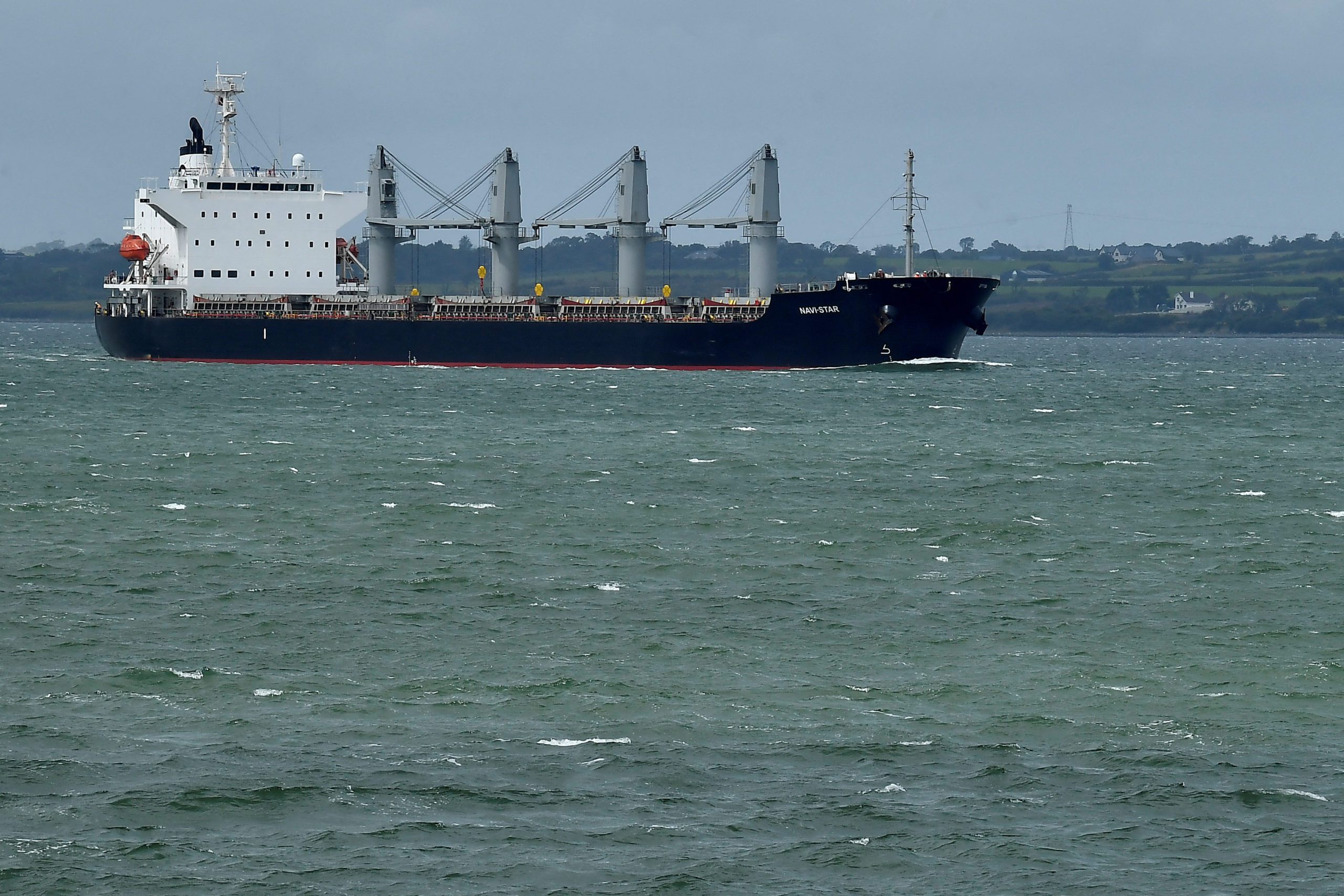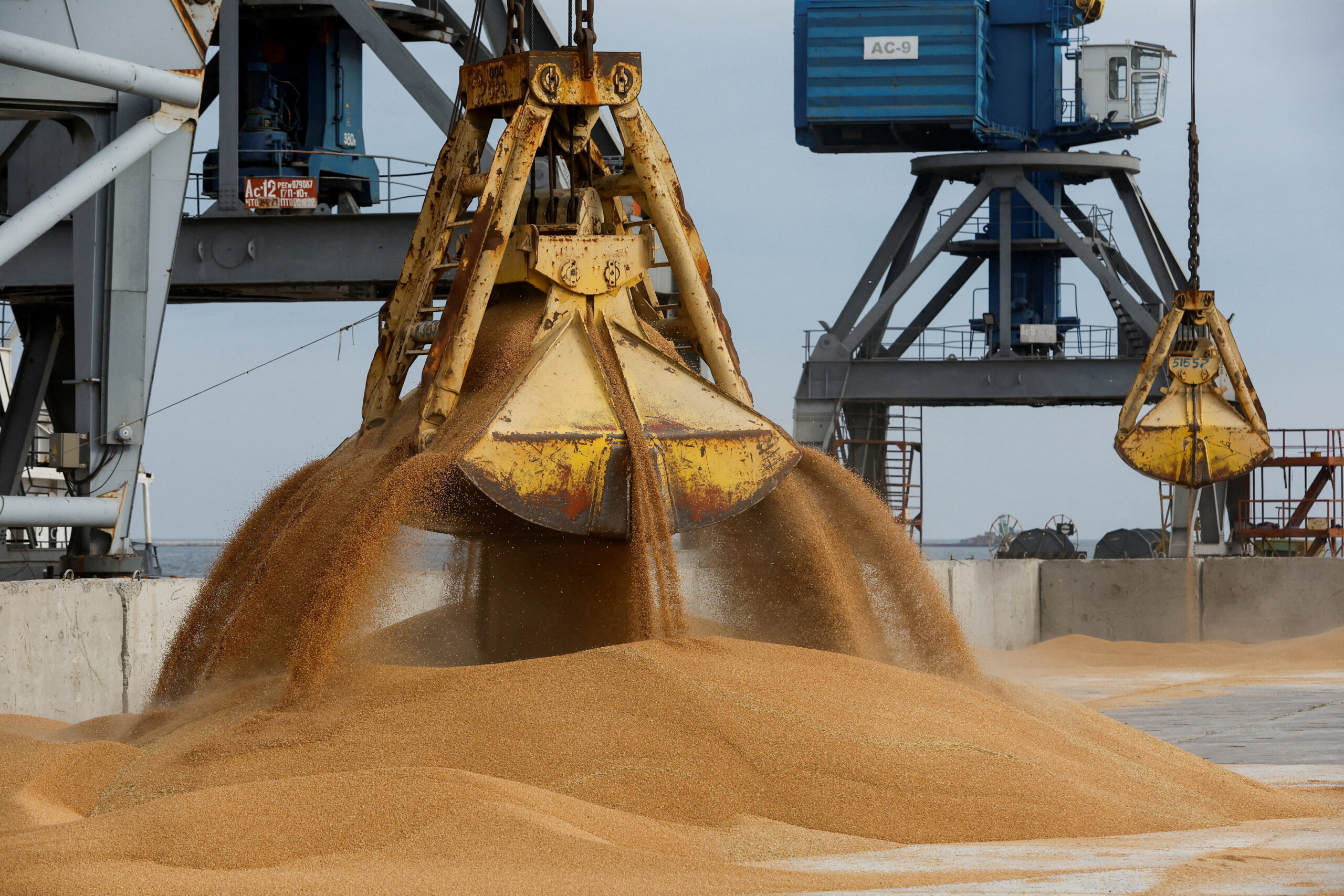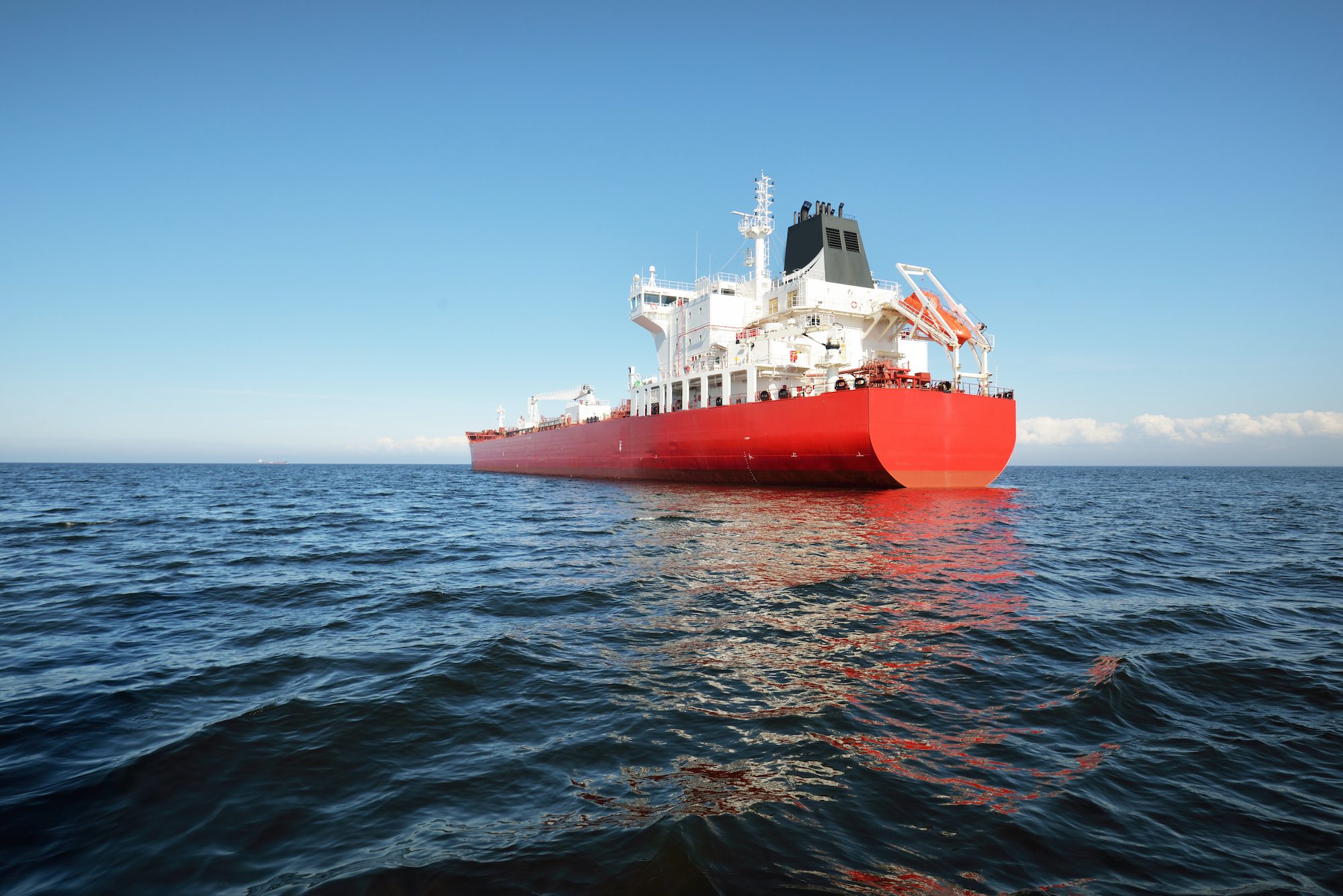The European Council has adopted the so-called ‘FuelEU maritime’ regulation to help increase the use of renewable and low-carbon fuels in the maritime shipping sector and reduce greenhouse gas emissions.
The FuelEU legislation is intended to align maritime transport with the EU’s climate targets for 2030 and 2050. Coupled with the shipping sector’s inclusion in the EU Emissions Trading System, the initiative is expected to play a significant role in reducing maritime emissions in the EU.
The main objective of FuelEU maritime is to increase the use of renewable and low-carbon fuels by gradually decreasing the greenhouse gas intensity of fuels burned by ships, starting with a 2% mandatory reduction in 2025 and up to an 80% reduction by 2050. The regulation also includes provisions such as incentives for renewable fuels, exclusion of fossil fuels from certification, on-shore power supply for ships in ports, voluntary pooling for compliance, exceptions for outermost regions and small islands, and revenue allocation for decarbonization projects with monitoring by the Commission.
“The new law will provide legal certainty for ship operators and fuel producers and help kick-start the large-scale production of sustainable maritime fuels, thus substantially delivering on our climate targets at European and global level,” said Raquel Sánchez Jiménez, Spanish Minister of Transport, Mobility and Urban Agenda.
As of 2021, maritime transport accounted for 3 to 4% of the EU’s total CO2 emissions. The reduction targets will cover emissions of CO2, methane, and nitrous oxide throughout the fuels’ lifecycle.
FuelEU maritime is part of the Fit for 55 package, which aims to reduce the EU’s net greenhouse gas emissions by 55% by 2030 and achieve climate neutrality by 2050. The bulk of the regulation will apply from January 1, 2025.

 Join The Club
Join The Club











